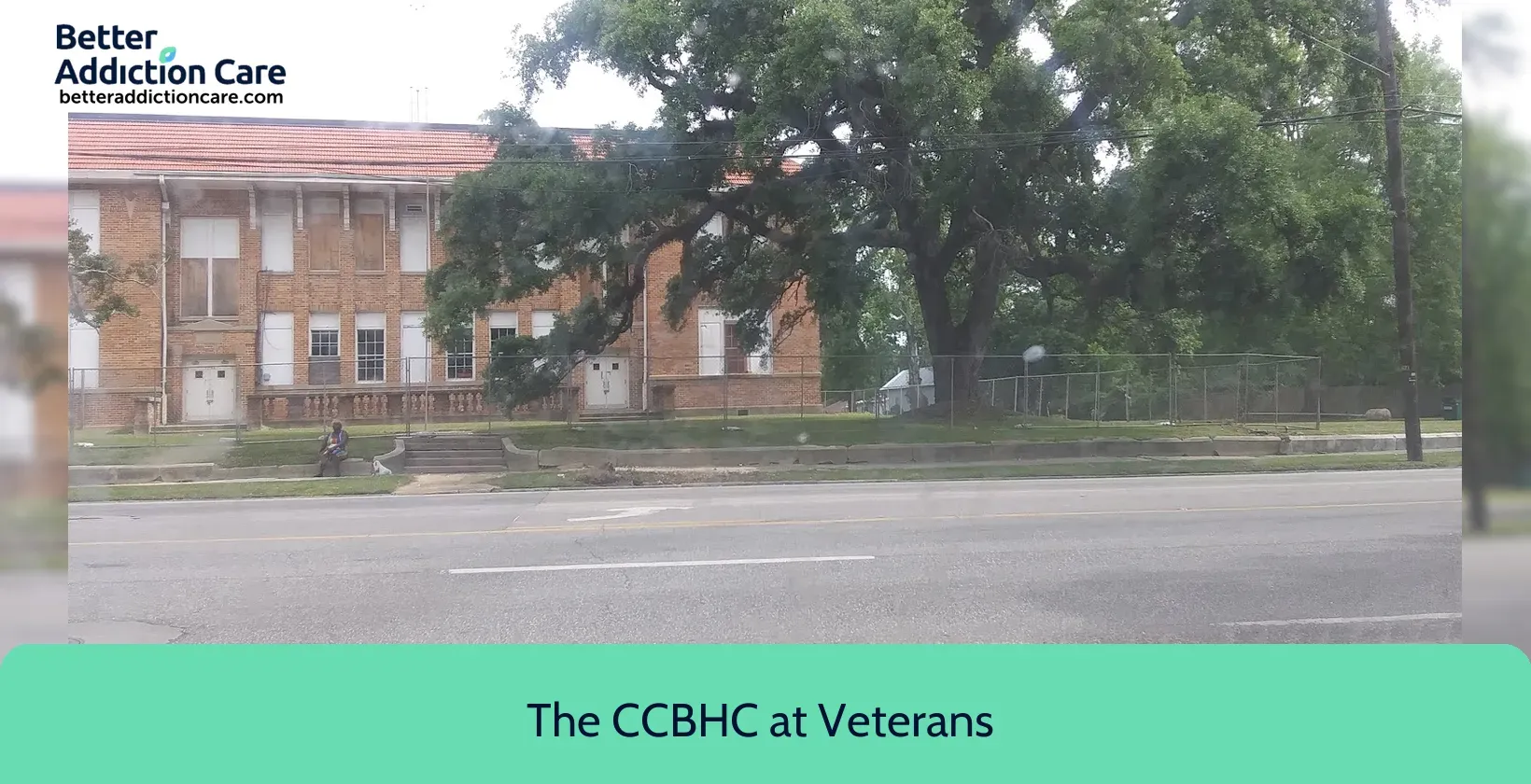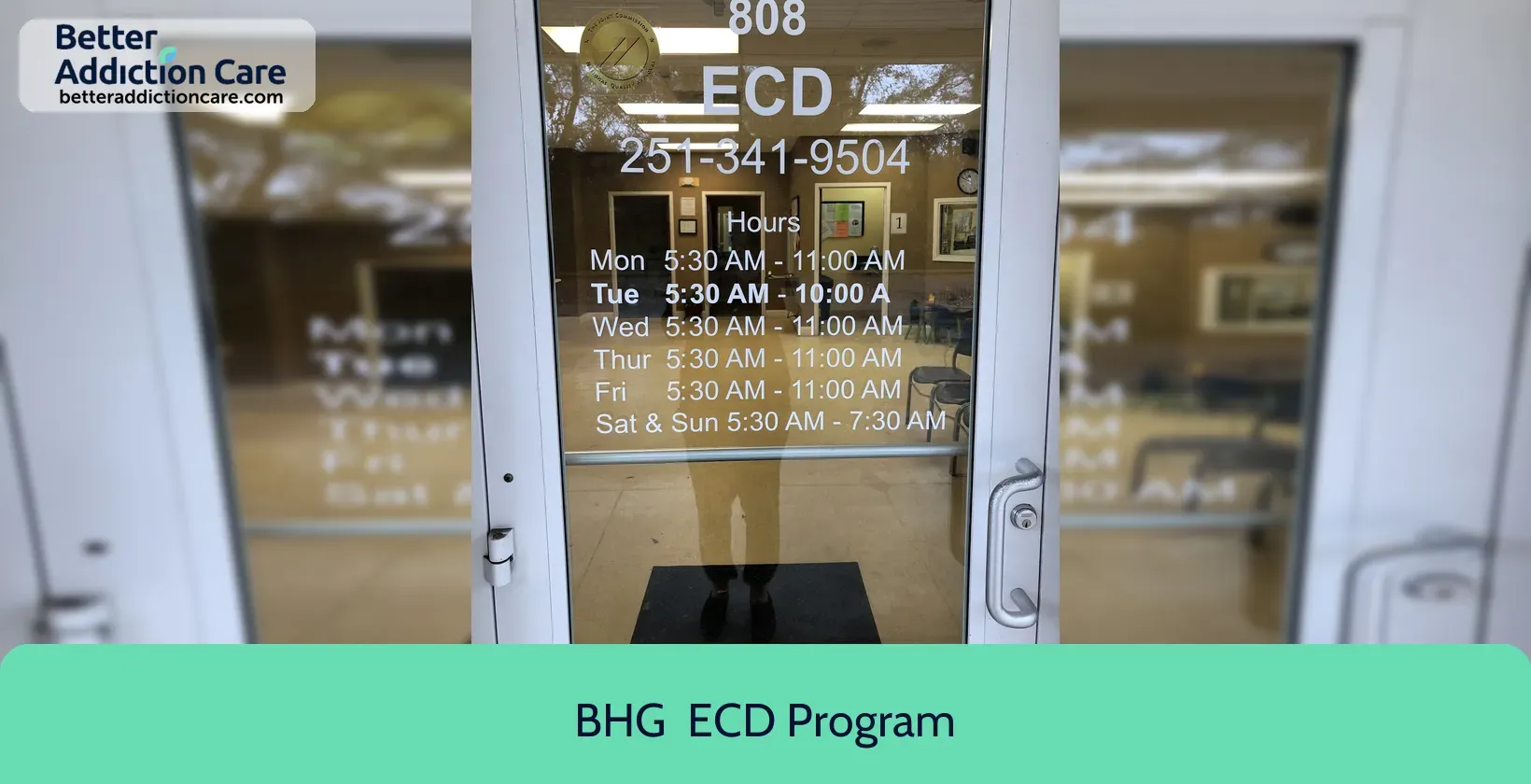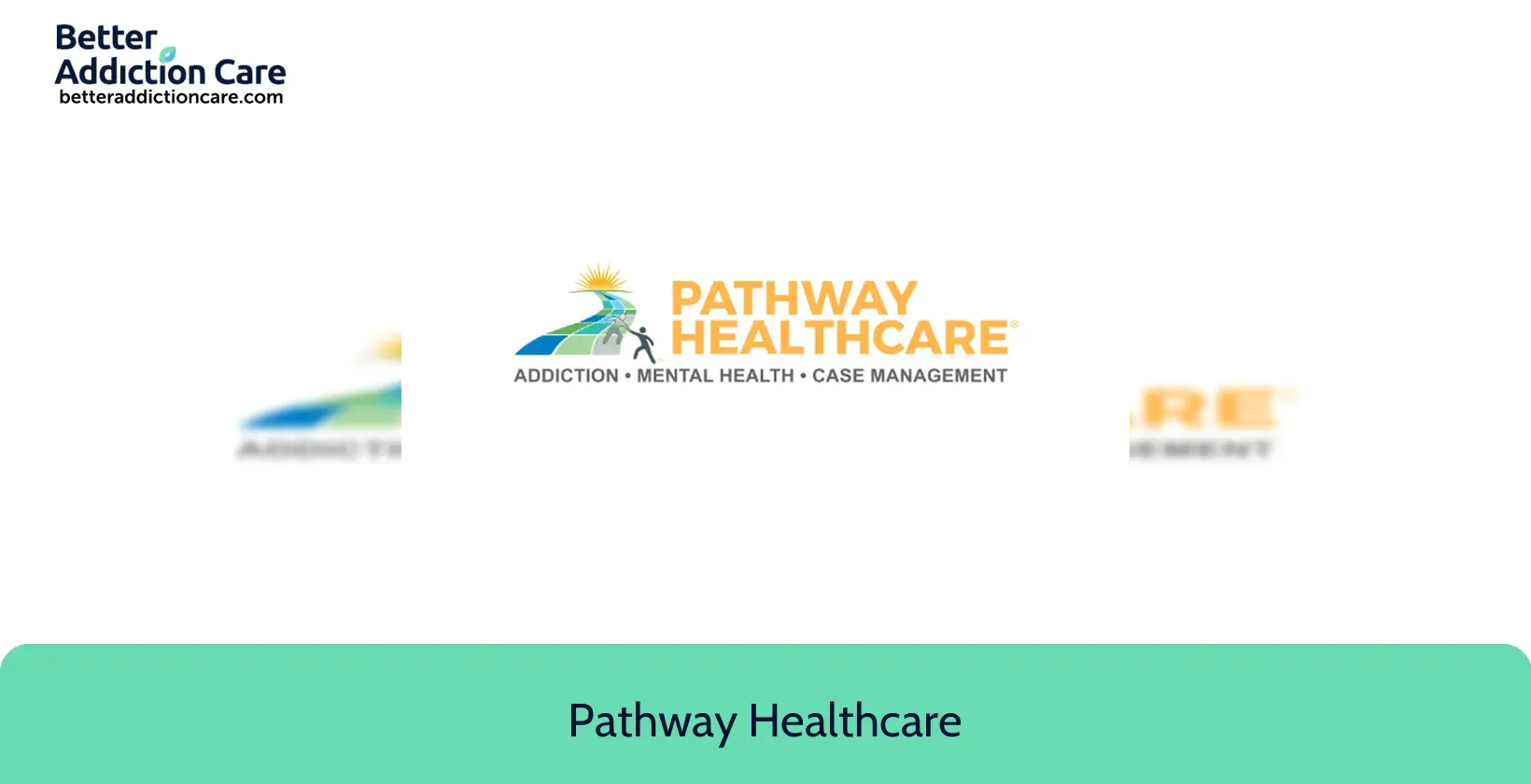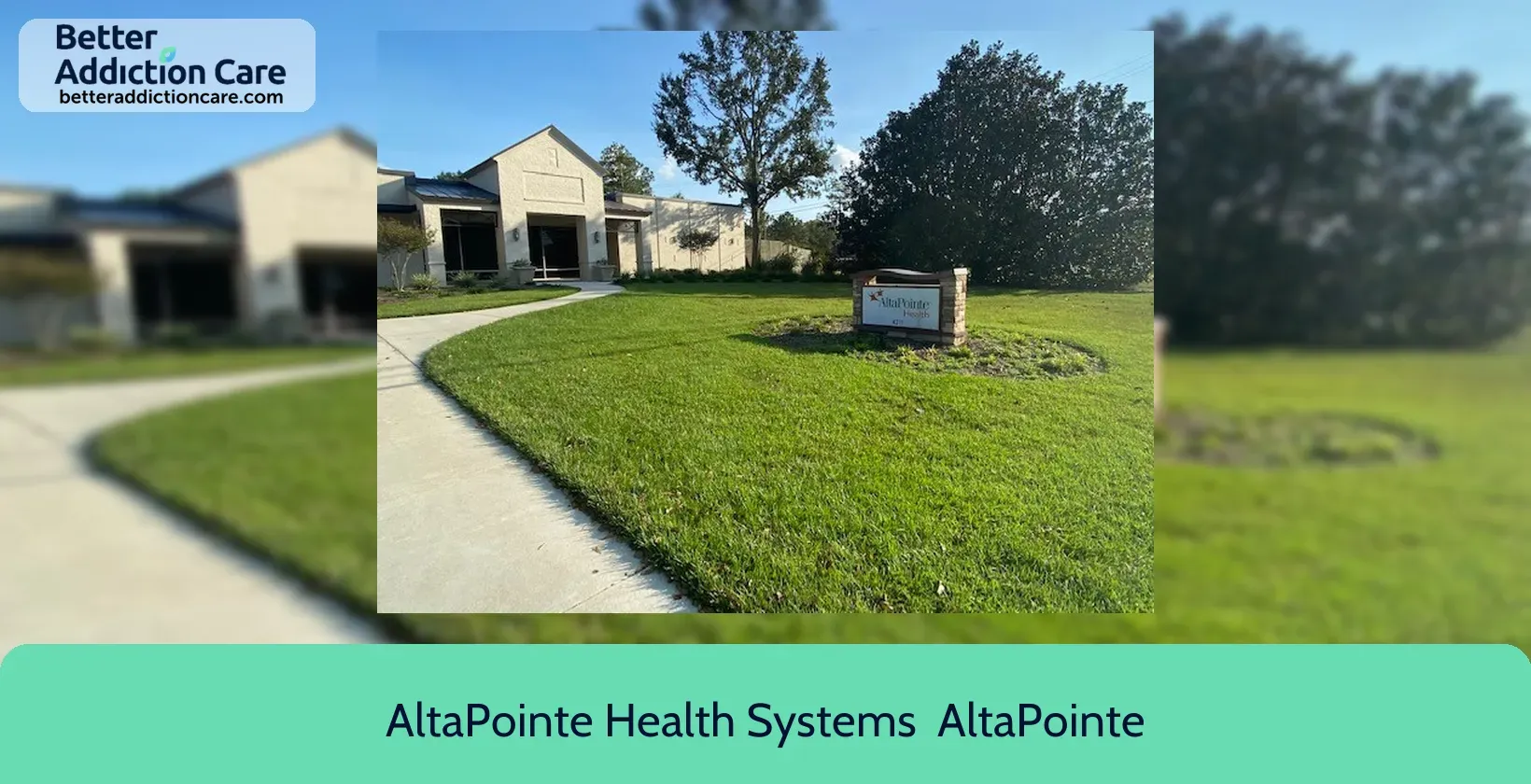The Bridge - Campbell Center

Overview
The Bridge - Campbell Center is a substance abuse treatment center for people seeking treatment near Mobile County. As part of their treatment modalities for recovery, The Bridge - Campbell Center provides group counseling, trauma-related counseling, and individual psychotherapy during treatment. The Bridge - Campbell Center is located in Mobile, Alabama, accepting medicaid for treatment.
The Bridge - Campbell Center at a Glance
Payment Options
- Medicaid
- Private health insurance
- Cash or self-payment
- State-financed health insurance plan other than Medicaid
- Sliding fee scale (fee is based on income and other factors)
Assessments
- Comprehensive mental health assessment
- Comprehensive substance use assessment
- Screening for tobacco use
- Interim services for clients
- Outreach to persons in the community
Age Groups
- Children/adolescents
- Adolescents
- Young adults
- Adults
- Seniors
Ancillary Services
- Case management service
- Suicide prevention services
- Early intervention for HIV
- Social skills development
Highlights About The Bridge - Campbell Center
6.94/10
With an overall rating of 6.94/10, this facility has the following balanced range of services. Alcohol Rehabilitation: 8.00/10, Treatment Options: 7.21/10, Insurance and Payments: 6.53/10, Drug Rehab and Detox: 6.00/10.-
Alcohol Rehabilitation 8.00
-
Treatment Options 7.21
-
Insurance and Payments 6.53
-
Drug Rehab and Detox 6.00
Accreditations
State mental health department:
State mental health department accreditation refers to the process of evaluating and certifying the quality and standards of a state's mental health department, ensuring that it provides high-quality services and meets specific criteria for mental health care. The accreditation process is performed by a third-party organization and helps to improve the overall care and treatment of individuals with mental health conditions.
Treatment At The Bridge - Campbell Center
Treatment Conditions
- Mental health treatment
- Alcoholism
- Opioid Addiction
- Substance use treatment
- Co-occurring Disorders
Care Levels
- Intensive outpatient treatment
- Detoxification
- Aftercare
- Outpatient
- Regular outpatient treatment
Treatment Modalities
- Group counseling
- Trauma-related counseling
- Individual psychotherapy
- Family counseling
- Cognitive behavioral therapy
Ancillary Services
Languages
- Sign language services for the deaf and hard of hearing
Additional Services
- Pharmacotherapies administered during treatment
- Housing services
- Drug or alcohol urine screening
Special Programs
- Clients with HIV or AIDS
- Clients who have experienced trauma
- Clients with co-occurring mental and substance use disorders
- Criminal justice (other than DUI/DWI)/Forensic clients
- Clients who have experienced sexual abuse
Get Help Now
Common Questions About The Bridge - Campbell Center
Contact Information
Other Facilities in Mobile

7.22

6.92

6.77

6.89

6.96

7.52

7.42

6.96
DISCLAIMER: The facility name, logo and brand are the property and registered trademarks of AltaPointe Health Systems - AltaPointe Medication Assisted Treatment, and are being used for identification and informational purposes only. Use of these names, logos and brands shall not imply endorsement. BetterAddictionCare.com is not affiliated with or sponsored by AltaPointe Health Systems - AltaPointe Medication Assisted Treatment.
